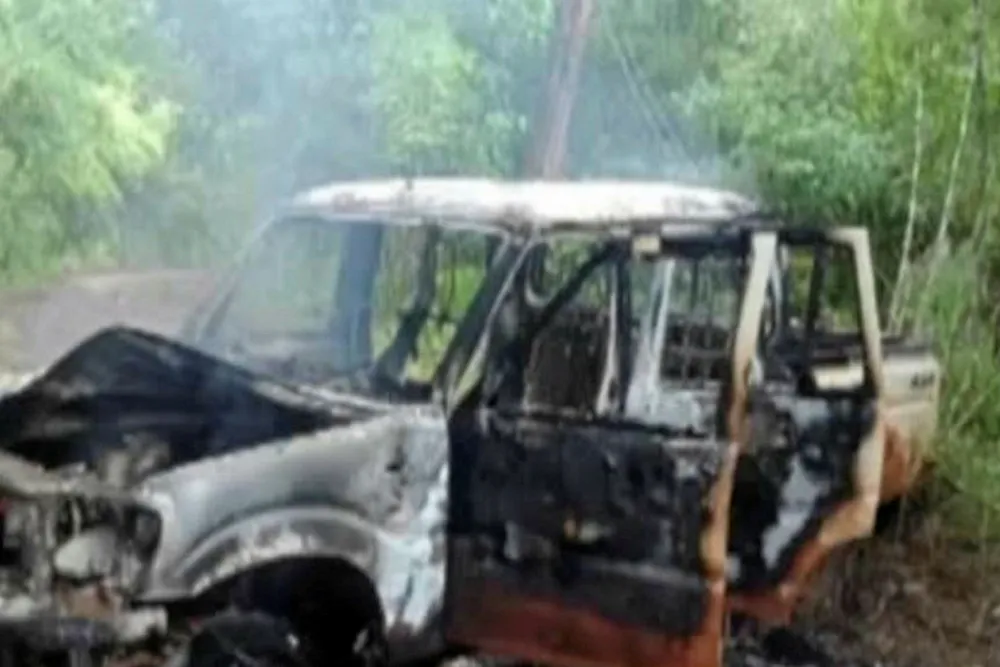'Legitimate' jihadist video calls for Islamic law in Mozambique's Cabo Delgado - report
An alleged Islamic State jihadist said the imposition of Sharia law, "not the wealth of the world," is insurgents' goal

An alleged Islamic State jihadist said the imposition of Sharia law, "not the wealth of the world," is insurgents' goal
